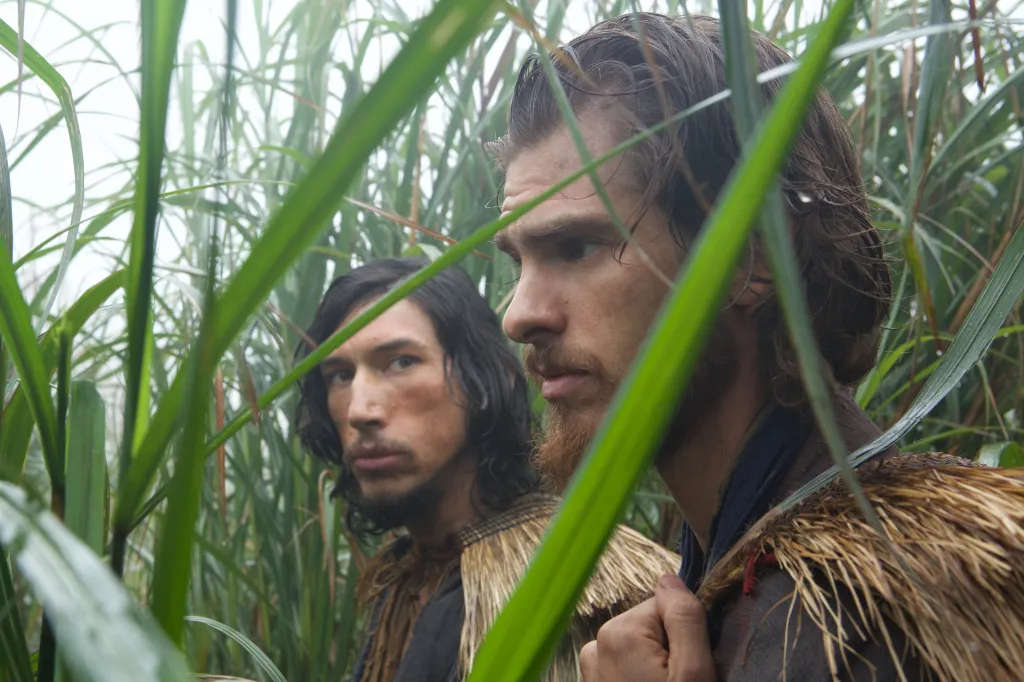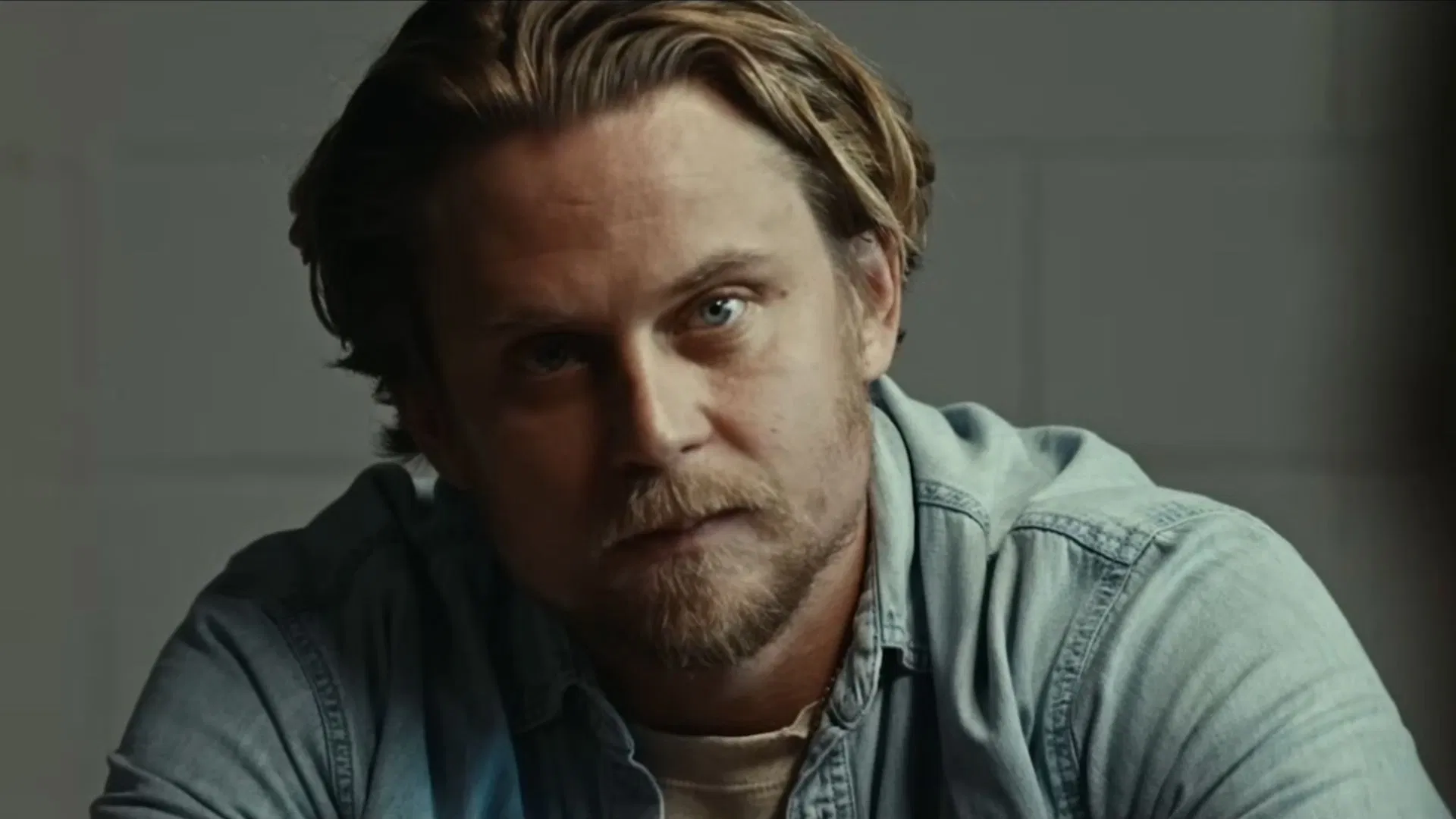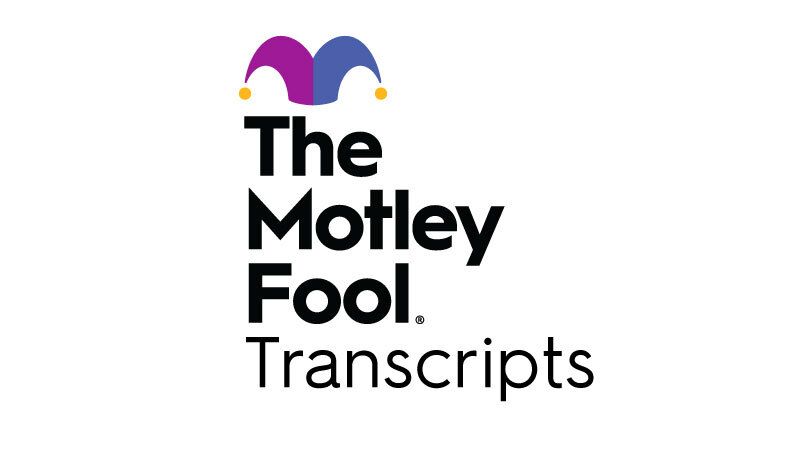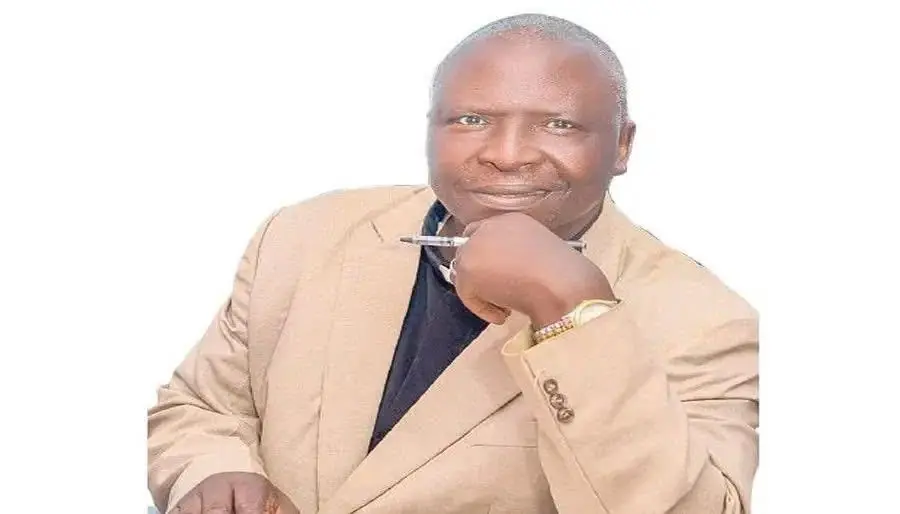Copyright Deadline

There is growing concern in Hollywood about the future of the flop. The ability to create and absorb failure has always been a key resource in an industry whose losers historically outnumber its winners. But with production starts fading, assets flipping and AI looming, creators and corporatists alike are running short on resilience. After viewing five intriguing documentaries about Martin Scorsese on Apple TV this week, my attention turned again to the fear-of-failure syndrome. The filmmaker is still mega-productive at 82, and his hits tower over those of his rivals — but Scorsese movies have also tanked with regularity. For every Goodfellas there’s been a Silence. His fans were startled by Taxi Driver, then slept through Age of Innocence. The ever-avid Scorsese managed to shoot and edit one film (The Last Waltz) during a short production break from another big-budget film, New York, New York. Several critics argued both could have used more focus but his fans remained loyal. Scorsese’s productivity rivals that of a Frank Capra who, a generation earlier, directed some 40 films under his healthy deal with Columbia Pictures. They included classics like Mr. Smith Goes to Washington as well as Platinum Blonde with Jean Harlow. Alfred Hitchcock turned out 60 films under his Universal deal — hits like Psycho as well as programmers like Haunted Household. Hitchcock became a brand as well as a filmmaker. Again, their studio deals guaranteed generous promotional support and broad distribution, whatever the outcome. Today, no such cushions exist for filmmakers or even for actors like Seth Rogen, Channing Tatum, Colin Farrell or Daniel Day-Lewis, all of whose recent pictures have suffered in the box office downdraft. Overall, October was the worst box office month in decades. The failure of After the Hunt directed by Luca Guadagnino (Challengers) reflects these hazards. A cerebral thriller starring Andrew Garfield and Julia Roberts, the film met with a curiously argumentative reception from reviewers. There were even angry op-ed pieces attacking its theme. True, its narrative was hard to follow, its dialogue abstruse, but why the petulance? As one studio veteran executive put it: ”The climate isn’t welcoming to films that deviate from the franchise formula. Art films need a festival miracle, plus another at award season.” Lacking overall deals, filmmakers today face ever-mounting struggles for start dates and favorable release windows. Not even the prolific Scorsese has a rich studio deal any more. I paid full fare at a local theater this week to see Nouvelle Vague, Richard Linklater’s comedic tribute to the French New Wave. I could have waited two weeks to see it on Netflix, but the totally empty theater seemed a propitious environment for a movie about another movie — the chaotic and mythic shoot of Jean-Luc Godard’s Breathless. The Godard movie was a hit in 1960; both scriptless and budgetless, Breathless seemed to change audience expectations about filmmaking. New Wave films even threatened to become a franchise. A revival is not imminent.



